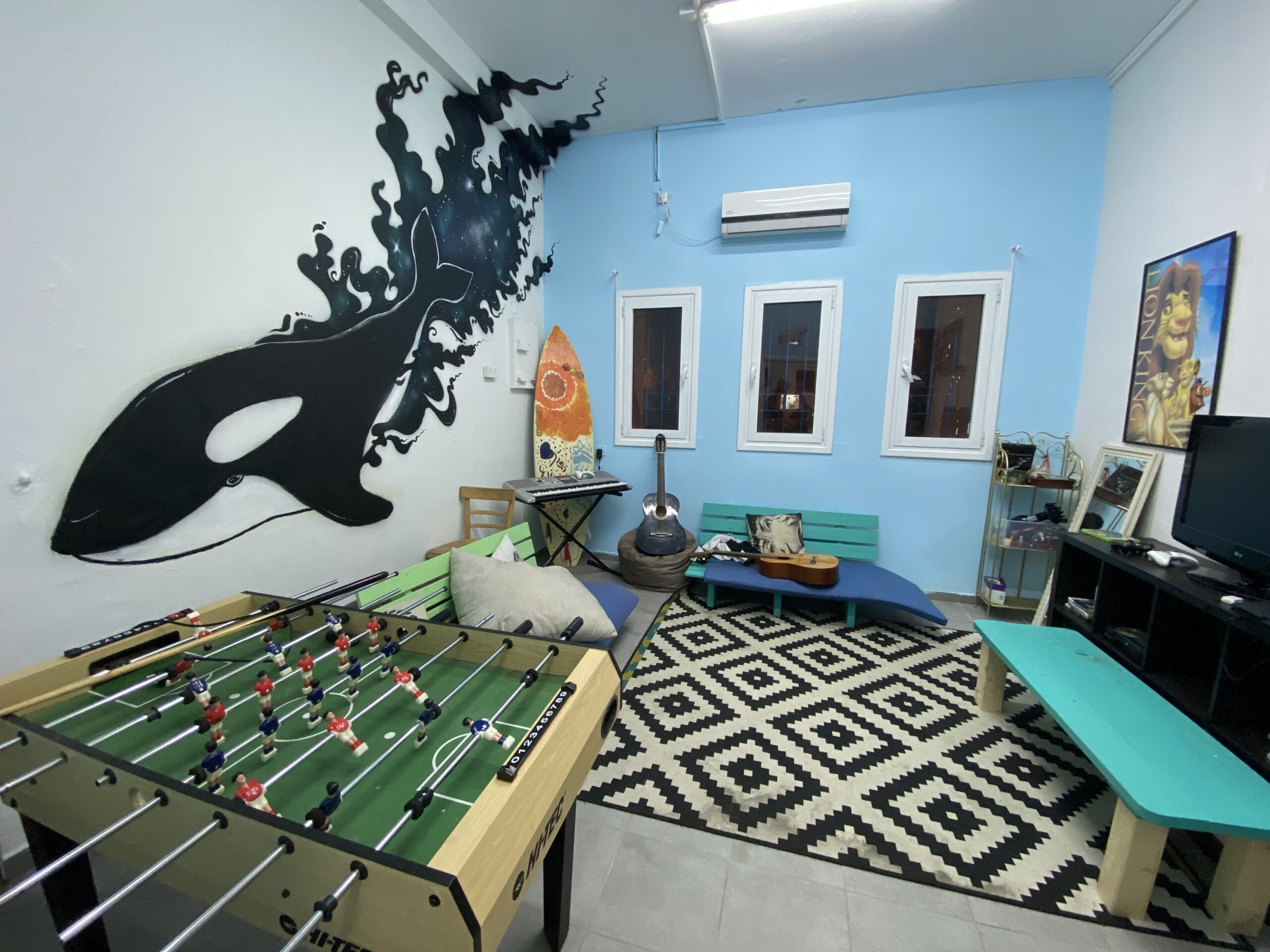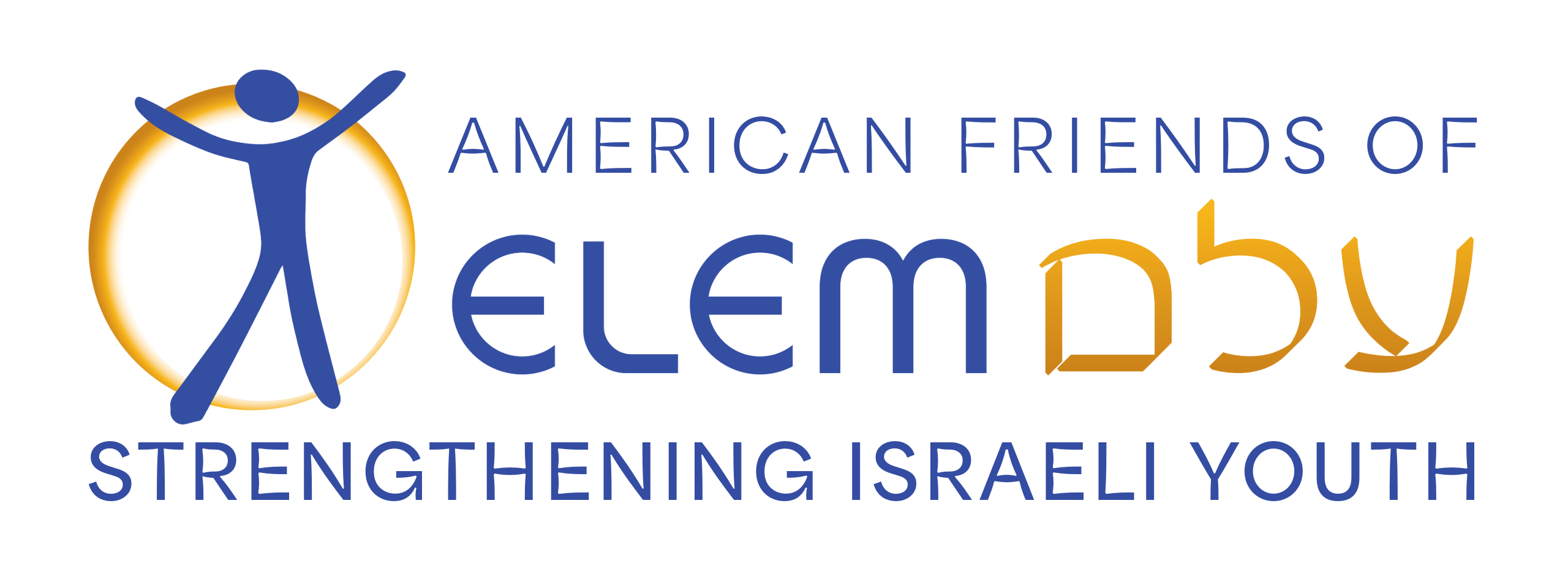The centers, located across the country, offer group and individual counseling, and assistance and support to youth ages 12-18. Operating since 1999, the centers are designed like cafes and enable youth to meet with professionals and volunteers in a relaxed manner, as well as providing opportunities to socialize with their peers. The activities in the centers include group meetings for guidance and support, individual sessions, workshops and volunteer projects. ELEM’s staff works in close cooperation with other youth services in the area and refer teens for further guidance and treatment where necessary.
Coffee & Small Talk- Hafuch Al Hafuch
ELEM operates a national network of youth counseling and information centers called Coffee & Small Talk - Hafuch Al Hafuch.
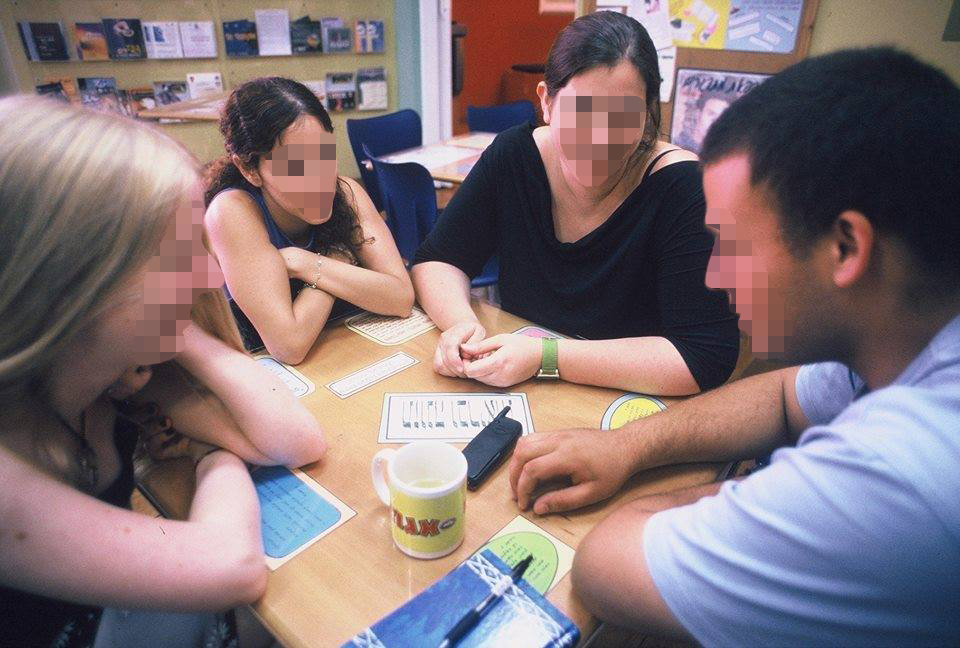
During the period of adolescence, teens find themselves coping with a wide spectrum of difficulties and crises. Without support and appropriate resources, their distress can escalate into violent behavior, delinquency, drug and alcohol abuse and, in some cases, lead to seclusion, depression and harming one’s self.
What is Coffee & Small Talk - Hafuch Al Hafuch?
Coffee & Small Talk centers are intended for youth ages 12-18 who experience various challenges and levels of functioning. The teens range from those coping with typical hardships of adolescence who are in need of counseling and support, to those experiencing acute crises and/or various levels of isolation and neglect.
In a study of 150 youth examining the effectiveness of Coffee & Small Talk centers in reducing dangerous behaviors among youth, the findings showed that ELEM’s work succeeds in significantly reducing dangerous behaviors such as violence, dropping out of school and substance abuse.
Where do we operate?
Our Coffee and Small Talk centers operate across Israel from North to South in: Kiryat Shmona, Nahariya, Safed, Kiryat Yam, Nof HaGalil, Tel Aviv, Natanya, Holon, Ashdod, Beit Shemesh and Kiryat Gat.
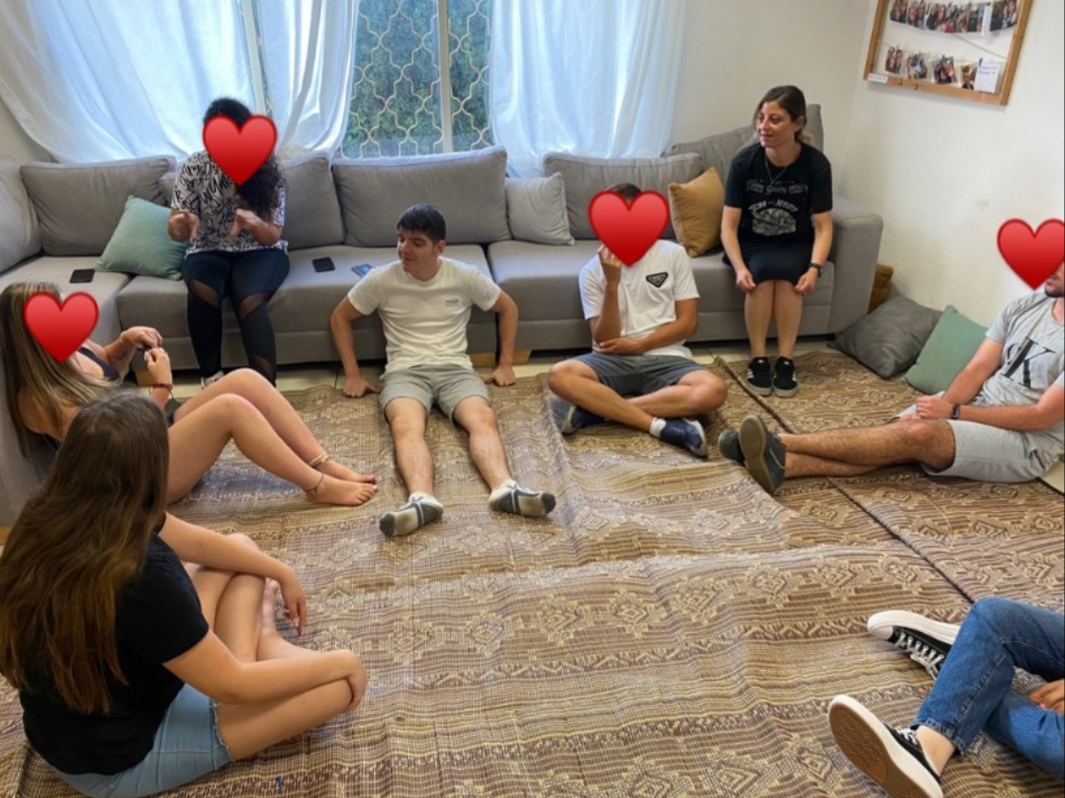
The COVID Impact
Post-COVID, centers observed an increase in physical violence, vandalism, and roaming the streets, as well as criminal behavior and incidents with law enforcement. There was also an increase in youth experiencing mental health issues, eating disorders, and sexual assault.
We’ve seen younger youth attending the centers, indicating that distress has become more common in younger demographics. In the past, the youngest were 14–15-year-olds, and in the last year, 11–12-year-olds came to seek support.
Achievements
- In 2021 ELEM opened three new youth centers one in Nahariya and two in Beit Shemesh that will serve Haredi youth, one for boys and one for girls.
- We’ve launched an alumni group at Safed’s Coffee & Small Talk/Hafuch Al Hafuch Center to share their struggles and emotions.
- We launched an innovative-group model, Espresso Marom Galil which provides emotional-social spaces in rural areas.
“When I arrived to ELEM’s Coffee & Small Talk center, I met Rita, a woman with a big smile. She was the immigrants coordinator. I saw that everyone participated and spoke about personal matters and everyone listened, even if they disagreed. I started to feel a sense of belonging, that I came to a place with people who listened to me, and I found friends. Over time, we learned different communication skills and challenged our thinking during activities and conversations we participated in.”
Michael, age 26, Hafuch Alum and ELEM staff
Expansion and Development Goals
- Improving intervention practices, especially implementing changes that will help cope with the ramifications of COVID. This requires additional training for staff and volunteers, developing new methods for intervention, and collaboration with professional partners.
- Expand and improve to demographics such as the ultra-orthodox community and those living in rural areas or far from city centers by having additional extensions of current centers’ services.
- ELEM plans to add additional activities, workshops and equipment such as computers and musical instruments to make the centers more inviting.
